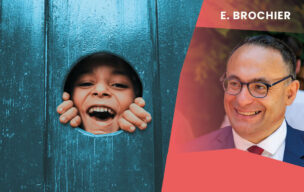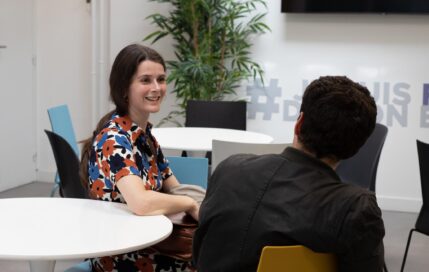Versez votre taxe d'apprentissage à l'IPC !
Et soutenez des formations d'excellence.
Depuis le 1er janvier 2015 (loi du 5 mars 2014 ), l’IPC est habilité à recevoir une subvention au titre de la taxe d’apprentissage versée obligatoirement par les entreprises à un organisme collecteur.
Étape 1
Jusqu’au 15 mai
Votre entreprise déclare le montant total de sa taxe d’apprentissage lors de sa déclaration sociale nominative (DSN). Le montant déclaré sera prélevé le 5 ou le 15 mai par l’URSSAF.
Étape 2
Du 27 mai au 7 juillet
Désignez l’IPC sur la plateforme de fléchage Soltéa, comme École bénéficiaire du solde de votre taxe d’apprentissage ! Retrouvez l’IPC à l’aide des codes UAI : 0752139T ou SIRET 77572847000045
Étape 3
Le 12 août
La Caisse des Dépôts et Consignations nous reversera les fonds fléchés par votre entreprise. Nous reviendrons vers vous pour vous remercier chaleureusement de votre soutien !
Vous souhaitez verser votre taxe d’apprentissage à l’IPC-Facultés Libres ?
Afin de pouvoir vous accompagner dans le versement et vous remercier de votre soutien, pourriez-vous nous indiquer votre intention de don dans le formulaire ci-dessous :
« * » indique les champs nécessaires



